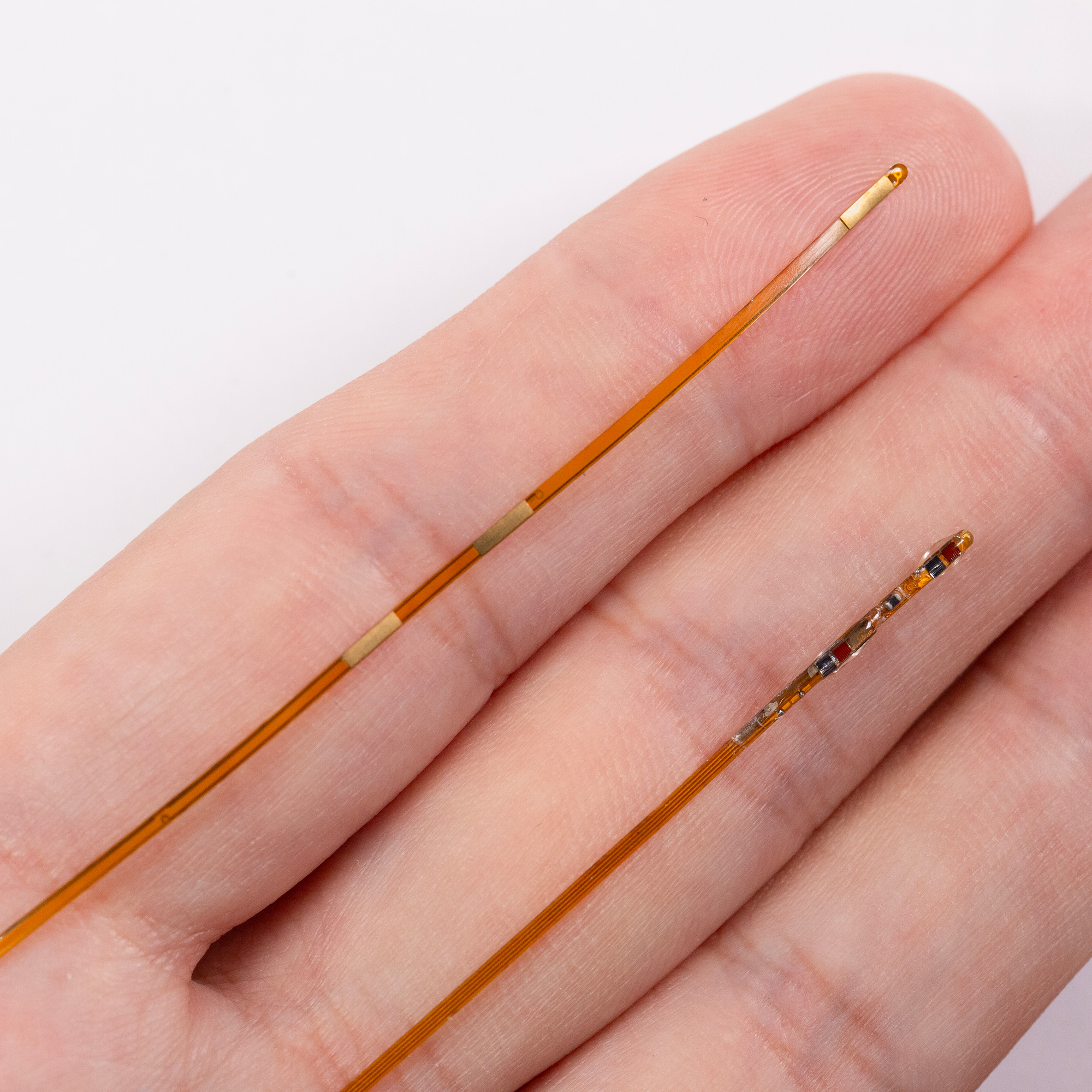Media Coverage
The work done by Northwestern University Feinberg School of Medicine faculty members (and even some students) is regularly highlighted in newspapers, online media outlets and more. Below you’ll find links to articles and videos of Feinberg in the news.
-
CBS News
–
A police officer thought he had a muscle cramp. He ended up fighting for his life.
Dr. Christopher K. Mehta, the cardiac surgeon who treated Johnson, said that Johnson only survived “because everything happened with extraordinary speed and teamwork.” Aortic dissections resemble other heart conditions, and aren’t always recognized right away, even though they need rapid treatment. Once in the operating room, aortic dissection repairs “are among the most complex emergency surgeries in cardiovascular medicine,” Mehta said.
-
TIME
–
What’s the Easiest Way to Start Strength Training?
Strength training offers “a multitude of benefits,” says Craig Hensley, associate professor of physical therapy and human movement sciences at Northwestern University Feinberg School of Medicine. Research keeps revealing them: One study published in the British Journal of Sports Medicine linked strength training to a lower risk of cardiovascular disease, cancer, diabetes, lung cancer, and early death.
-
Chicago Sun-Times
–
U.S. life expectancy hit an all-time high in 2024, CDC says
In 2024, about 3.07 million U.S. residents died, about 18,000 fewer than the year before. Death rates declined across all racial and ethnic groups, and in both men and women. Heart disease remained the nation’s leading cause of death, but the death rate due to it dropped by about 3% for the second year in a row. A combination of factors are likely at play, including advances in medical treatments and weight management, said Dr. Sadiya Khan, who treats and studies heart disease at Northwestern University.
-
CNN
–
Why the mid-30s are a major turning point for men’s heart health
The report, published Wednesday in the Journal of the American Heart Association, followed more than 5,000 adults from young adulthood and found that men reached clinically significant levels of cardiovascular disease about seven years earlier than women.
“Heart disease doesn’t happen overnight; it develops over years. One of the things I think oftentimes people aren’t aware of is that it can start really early in your 30s or 40s,” said study coauthor Dr. Sadiya Khan, professor of cardiovascular epidemiology at Northwestern University Feinberg School of Medicine in Chicago.
-
CBS News
–
Life expectancy in U.S. hit record high of 79 years in 2024, CDC says
Heart disease remained the nation’s leading cause of death, but the death rate due to it dropped by about 3% for the second year in a row. A combination of factors are likely at play, including advances in medical treatments and weight management, said Dr. Sadiya Khan, who treats and studies heart disease at Northwestern University.
-
Washington Post
–
An infection liquefied a man’s lungs. This invention kept him alive.
Doctors in Chicago saved the life of a young Missouri man with a rare infection that had liquefied his lungs, hooking him up to what they have called a total artificial lung. The patient, whose name was not released, survived on the lung for 48 hours, and then received a lung transplant.
Two and a half years later, the patient, now in his mid-30s, is alive and back working in his family business, according to Ankit Bharat, his lead surgeon and executive director of the Northwestern Medicine Canning Thoracic Institute, where the surgeries were performed.
-
NBC
–
People who naturally stay up late may have worse heart health than early risers
Dr. Phyllis Zee, director of the Center for Circadian and Sleep Medicine at Northwestern University’s Feinberg School of Medicine, calls herself a “flexible owl.” That is, she can stay up late or wake up early as needed.
The good news, Zee said, is the unhealthy behaviors common to night owls that contribute to poor heart health are modifiable. The downside is some of them are harder to change than others.
-
TIME
–
Since Lung Cancer Is So Deadly, Why Don’t More People Get Screened?
“The current guidelines for lung cancer screening are based on a very outdated model for risk assessment,” says Dr. Ankit Bharat, chief of thoracic surgery and executive director of the Canning Thoracic Institute at Northwestern Medicine. “It presumes smoking is the only cause of lung cancer. Anyone exposed to secondhand smoking, air pollution, or radon—risk factors that are well established—doesn’t have any way of getting screened.”
-
ABC News
–
‘Night owl’ lifestyle may bring higher risk of heart disease: Study
Researchers then calculated each person’s heart health using the American Heart Association’s Life’s Essential 8 (LE8) score. These factors include four health behavior, diet quality, physical activity, sleep duration and nicotine exposure, and four health factors, including blood pressure, body mass index, blood sugar and blood fat levels.
“These are the factors the American Heart Association has identified as cardiovascular disease risk factors,” Kristen Knutson, associate professor of neurology and preventive medicine at Northwestern University Feinberg School of Medicine specializing in sleep and circadian rhythm research and fellow at the American Heart Association, told ABC News.
-
Associated Press
–
Being a night owl may not be great for your heart but you can do something about it
The night owls, especially women, also had overall worse cardiovascular health based on meeting the heart association’s eight key factors, the researchers reported Wednesday in the Journal of the American Heart Association.
“It comes down to the problem of a night owl trying to live in a morning person’s world. They’re getting up early for work because that’s when their job starts but it may not align with their internal rhythm,” said Kristen Knutson of Northwestern University, who led recent heart association guidance on circadian rhythms but wasn’t involved in the new study.






